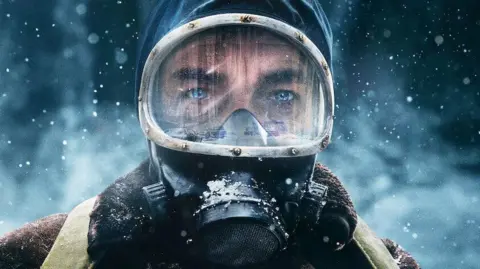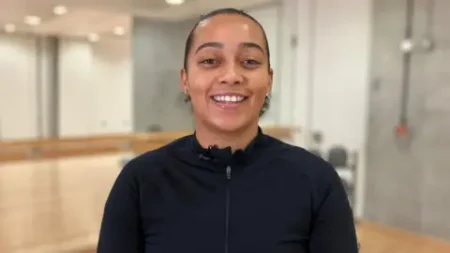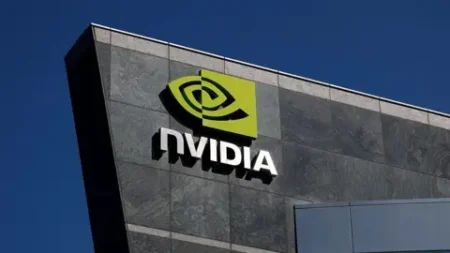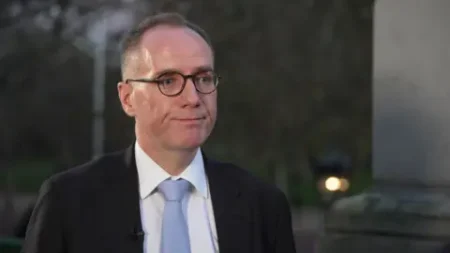In a groundbreaking development for the entertainment industry, Netflix has ventured into uncharted territory by utilizing generative artificial intelligence (AI) for visual effects in its original programming. This significant move comes with the production of a scene showcasing a building collapsing in the Argentine science fiction series, “The Eternaut.” Ted Sarandos, Netflix’s co-chief executive, announced this innovation, emphasizing that the application of AI not only expedited the creative process but also proved to be more cost-effective compared to conventional methods of visual effects production.
The introduction of generative AI into the filmmaking realm has ignited widespread debate among industry professionals. Detractors of the technology express concerns about the ethical implications of generating content derived from existing works without obtaining the necessary permissions. Furthermore, there are fears that AI could eventually reduce the demand for human involvement in the creative process, potentially threatening jobs within the industry.
During a recent earnings report, Sarandos elaborated on the financial impact of incorporating AI into production workflows. He revealed that Netflix recorded a substantial 16% increase in revenue, reaching approximately $11 billion for the quarter ending in June compared to the previous year. Profits surged from $2.1 billion to $3.1 billion, buoyed largely by the success of the highly popular third season of the South Korean thriller “Squid Game,” which amassed a staggering 122 million views.
With the integration of AI, smaller-budget productions now have the potential to leverage advanced visual effects that were previously reserved for larger-scale films. Sarandos highlighted that the generative AI utilized in “The Eternaut” allowed the production team to complete the building collapse sequence a staggering ten times faster than traditional methods would have permitted. He noted that the financial feasibility of such advanced effects would have been unattainable for a show operating on a limited budget. He proudly declared that this marked the first time generative AI footage was showcased in a Netflix original series or film, a milestone celebrated by the creators involved.
Yet, this progressive step towards AI integration has not come without backlash. During the Hollywood strikes of 2023, the Screen Actors Guild and the American Federation of Television and Radio Artists raised alarms regarding AI’s escalating influence over content creation. Calls for stricter regulations surrounding AI’s application in the entertainment sector echoed throughout the negotiations amid concerns from industry veterans about the potential degradation of artistic craftsmanship. Notably, Tyler Perry, a prominent figure in the film industry, paused plans for an ambitious $800 million expansion of his Atlanta-based studio due to apprehensions regarding AI’s rapid evolution and its implications for job security.
The sentiment within the industry appears to be shifting, however. Davier Yoon, co-founder of the Singapore animation studio CraveFX, expressed that Netflix’s adoption of generative AI was unsurprising, given that numerous major studios are increasingly open to embracing this technology. He recognized generative AI as a valuable tool that expands the repertoire of visual effects artists, enabling them to realize elaborate concepts without requiring extensive resources. According to Yoon, the combination of traditional artistry and cutting-edge technology could ultimately lead to an exciting era of creativity in animation and visual effects, provided the human touch remains a decisive factor in shaping the final product.
In summary, Netflix’s groundbreaking use of AI in “The Eternaut” exemplifies the ongoing evolution of technology in filmmaking, showcasing its potential to enhance efficiency and widen creative horizons. However, the industry remains divided over the technology’s implications, revealing a complex landscape as traditional methods contend with the advancements that AI promises. As discussions continue surrounding job security, ethics, and the future of creativity, Netflix’s strides echo a pivotal moment for artists and industry professionals alike.











